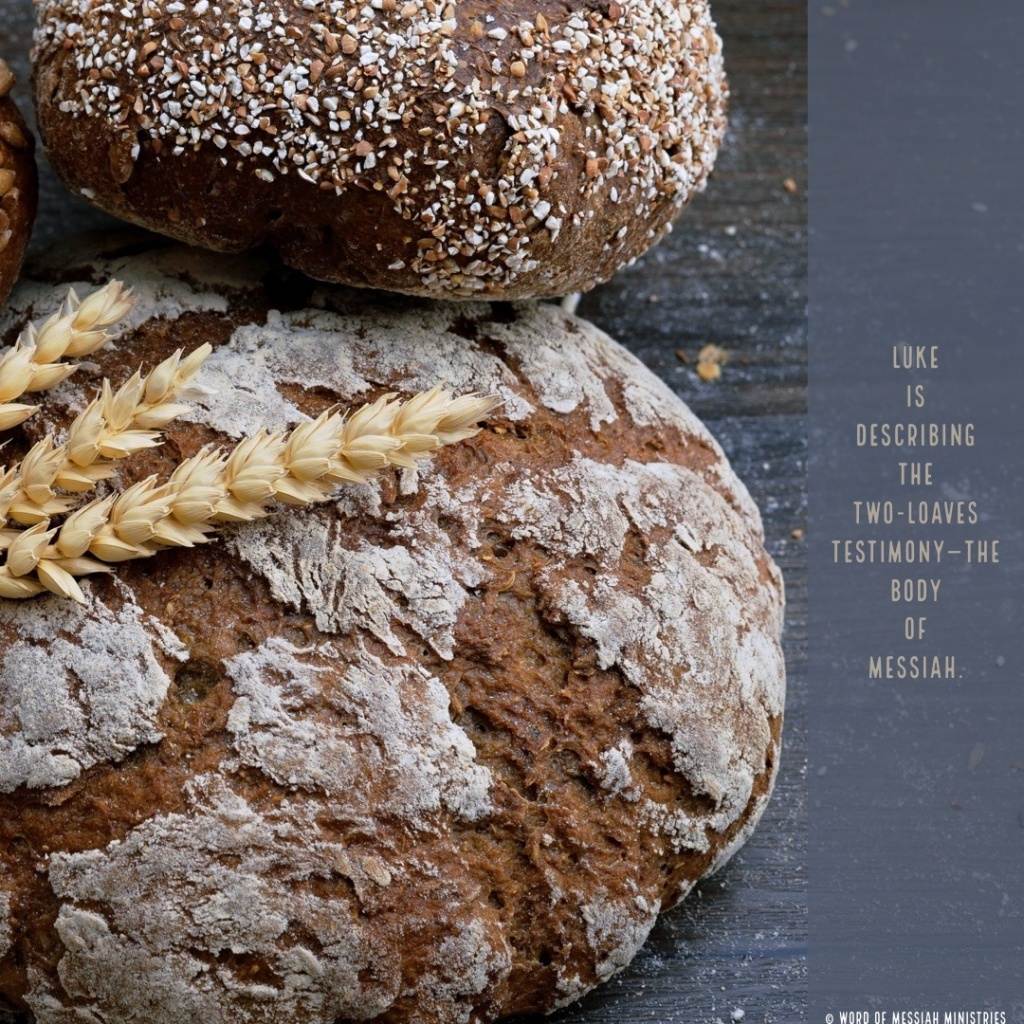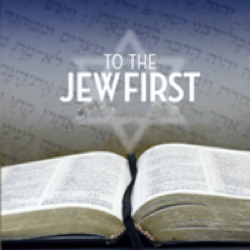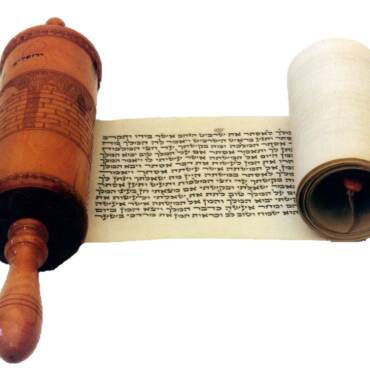The Testimony of Two Loaves

Messianic congregations are meant to testify to the Jewish community that Yeshua is the Jewish Messiah. Thus, people find it curious that Messianic congregations tend to be composed of both Jewish and Gentile members. While at Hope of Israel Congregation, a Word of Messiah plant, the membership may be about 50/50, in many congregations, the Gentiles even outnumber the Jewish people! What’s going on here? Aren’t we meant to testify that Yeshua is the Jewish Messiah?
The truth is that all nations have always been part of the biblical and Jewish testimony to the Messiah of Israel.
Rather than being some sort of problem, the reality of Gentiles believing in a Jewish Messiah helps to prove the validity of the Messianic witness.
Unusual Pentecost Offering
To understand this issue better, let’s look at a subtle and often untouched aspect of the feast of Pentecost. We read in Leviticus 23 that God required an unusual offering at Shavuot, “You shall bring from your dwelling places two loaves of bread for a wave offering, made of two-tenths of an ephah; they shall be of fine flour, baked with leaven as first fruits to the LORD.”
While the amount of flour (“two tenths of an ephah”) is mentioned for other Feast days (for example, for Passover in Leviticus 23:13), this issue of two loaves is something recorded only and distinctly on Shavuot. So we ought to ask: why two loaves?
The number “two” became a consistent picture for witness in the Scriptures; namely, it took two witnesses for an acceptable court testimony (Deuteronomy 19:15). This principle finds a variety of applications within the New Covenant. Congregations are not to allow an accusation to be made against an elder unless there are at least two witnesses (1 Timothy 5:19). Messiah sent out His disciples two at a time (Mark 6:7). There will be two witnesses against the anti-Messiah (Revelation 11:3-11). Also, in marriage there needs to be agreement between both spouses for prayer to be accepted by God (1 Peter 3:7). Without two witnesses, we have merely opinions.
What does this have to do with the two loaves? Note that the offering of the loaves accompanied several other sacrifices, including a peace offering (Leviticus 23:19). This is crucial. When the Apostle Paul speaks to Gentiles at Ephesus, commenting on this offering: But now in Messiah Yeshua you who are far off have been brought near by the blood of Messiah. For He Himself is our peace, who made both into one and broke down the barrier of the dividing wall…so that in Himself He might make the two into one new man, thus establishing peace (Ephesians 2:13-15).
Messiah is our peace offering, to unite Jews and Gentiles; so these two are witnesses to the reality of that fellowship that is found in Messiah. Since God desires to reach the whole world in the testimony of Messiah, there had to be two witnesses for the testimony to be credible. Faith in the God of Israel and the universe was never meant to be limited to one ethnicity. Therefore, God promised to save the Gentiles to join the testimony of the Jewish people, who were already a “witness” for the Lord (Isaiah 42:6-7; 43:10,12).
This is why when the Day of Pentecost had “fully come,” “both Jews and proselytes” are specifically mentioned as coming to faith at the same time (Acts 2:1,10). A “proselyte” refers to a Gentile seeking the God of Israel. Luke is describing the two-loaves testimony—the Body of Messiah. Our witness is a spiritual unity and not based on cultural uniformity, where ethnic identity is lost. This unity is a result of a gracious work of Messiah in reconciling man to God. Messianic congregations should value the membership of both Jews and Gentiles as part of the unique New Covenant witness.
But more importantly, all congregations should understand the two-fold witness, which means that churches also should seek for Jewish believers to be discipled to freely live out their own cultural distinctives as well. For we are One Body made of both groups, Jews and Gentiles, serving the God of Israel together. We are of God’s household, “having been built on the foundation of the apostles and prophets, Messiah Jesus Himself being the corner stone, in whom the whole building, being fitted together, is growing into a holy temple in the Lord, in whom you also are being built together into a dwelling of God in the Spirit” (Ephesians 2:19-22).




Add Comment